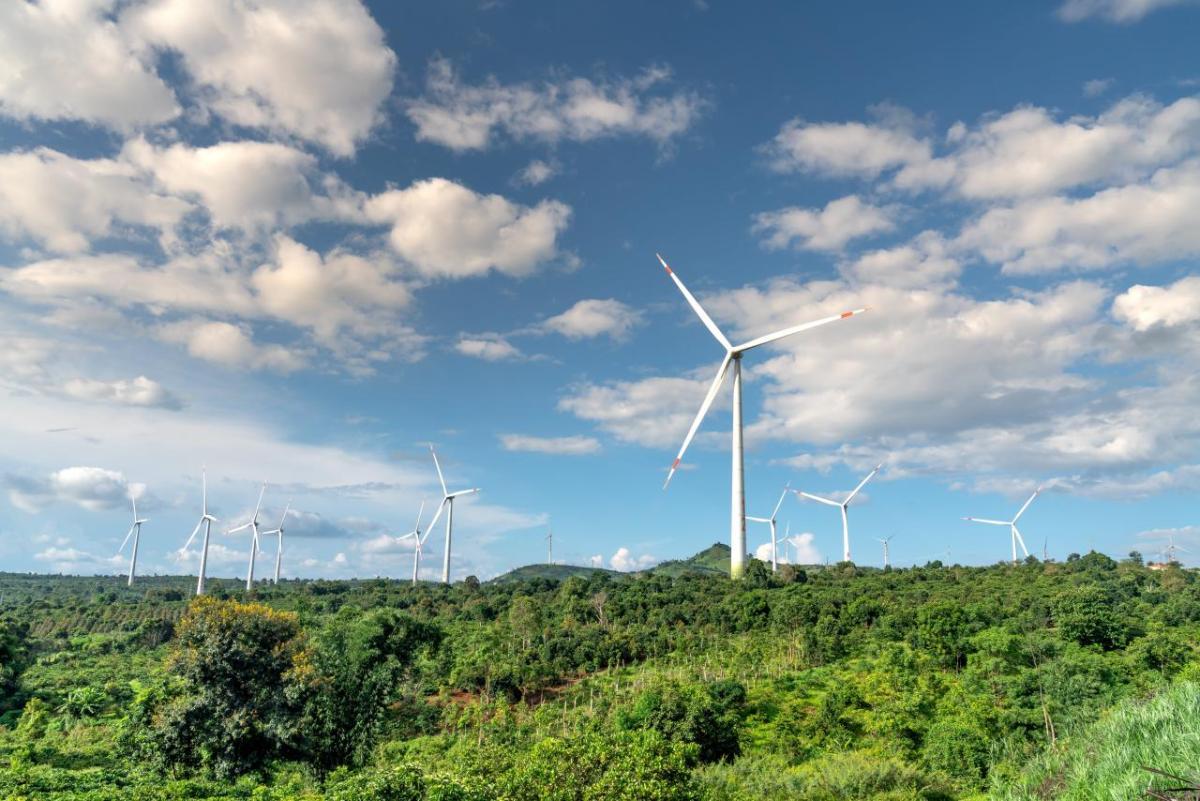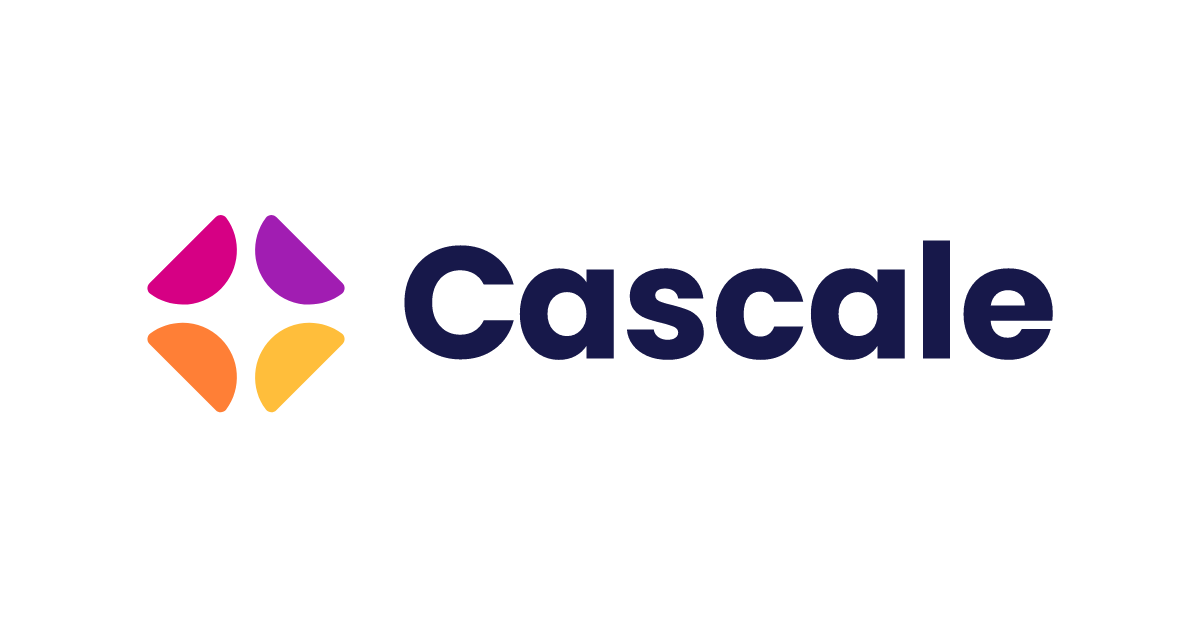Sustainable Apparel Coalition Talks Data on GreenBiz x EDF Webcast

Joël Mertens, director Higg Product Tools Sustainable Apparel Coalition, joined a recent GreenBiz webcast sponsored by Environmental Defense Fund to discuss "How Circularity Can Help Advance Your Net Zero Strategy." Hosted by Kori Goldberg, circular economy manager at GreenBiz, additional speakers included Andy Ruben, founder and executive director at Trove, Pete Edmunds, sustainability director at Deloitte, and EDF's Thorfinn Stainforth, senior policy analyst at Environmental Defense Fund, and Elizabeth Strurcken, managing director.
The conversation was inspired by a new report from EDF and Deloitte, which outlines how companies can gain value and advance net-zero goals by transitioning to circular strategies – including reaching new markets and advancing climate outcomes.
After Sturcken introduced the report as the third in a collaborative series with Deloitte intended to help businesses make tangible progress towards their net-zero goals, Edmunds shared industry-specific circularity strategies for the textiles, packaging and automatic industries. He highlighted Lululemon's plant-based nylon and the Loop reverse logistics programs, as well as the automotive industry's shift to mobility as a service and battery reprocessing to meet demand from the growing EV market. Then, Ruben discussed a recent study on which Trove collaborated with Worldly, the exclusive licensee of the SAC's Higg Index Tools, to determine the carbon savings of resale in comparison to rental and subscription.
Mertens emphasized the importance of pre-competitive collaboration in moving from commitment to action, stressing the success of this model in developing the Higg Index Tools. He shared that elements of circularity are embedded in the Higg Product Tools and provide a solid foundation for brands exploring circularity. However, he cautioned that brands should be careful about communicating circularity to consumers in the absence of impact measurements, as this can be construed as greenwashing.
Finally, Stainforth outlined circular policy developments in the EU, including their global impact, and three ways that companies can move faster and further on circularity.

